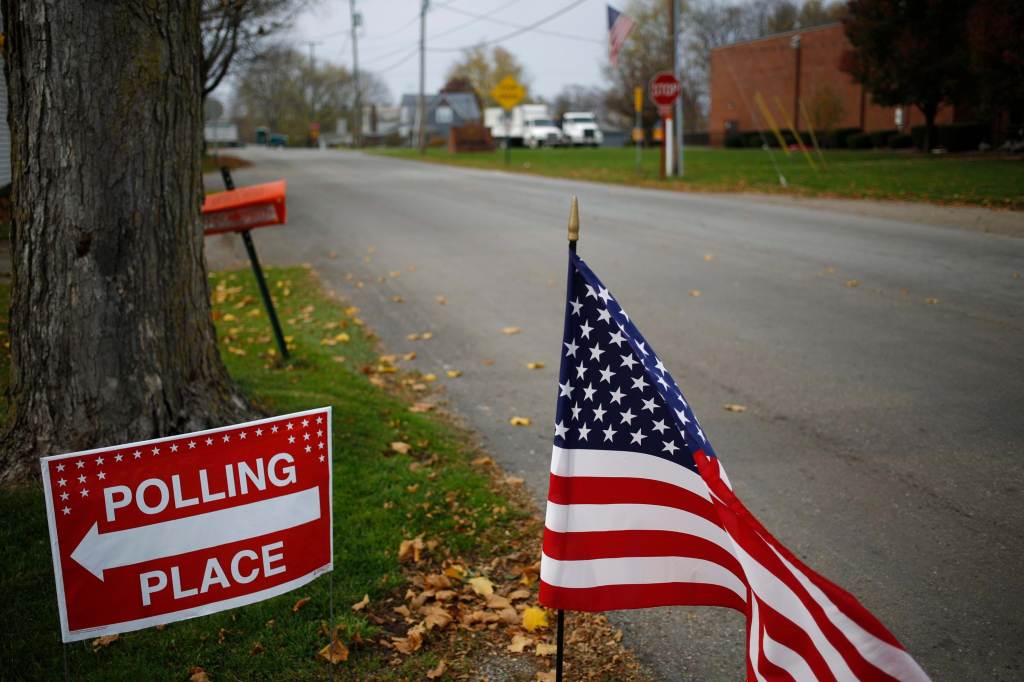
More than two centuries ago, the United States was founded on a radical premise: We, the people, would govern ourselves at the ballot box. And yet, for far too long, and for too many, this aspirational ideal has been just that—an aspiration.
Throughout our history, marginalized communities, particularly Black Americans, have been repeatedly denied their fundamental right to participate in our democracy. And, sadly, this troubling legacy of voter suppression endures today.
What we are witnessing in Georgia, and elsewhere across the country, is the latest in a long history of deliberate assaults on our democratic values. Such attacks forewarn the arrival of a new Jim Crow, and are inextricably tied to a pernicious history of white supremacy.
Today, a broad swath of more than 700 leaders are speaking out in defense of our democracy because, as our history of sacrifice and struggle in service of progress affirms, there are pivotal moments that demand moral leadership—that demand, in the words of one towering champion of voting rights, we make “good trouble.”
If our democracy is to work for any of us, it must work for all of us. And so, we share a singular and sacred duty to protect the right to vote—to safeguard our government of the people, by the people, for the people.
To be clear, e pluribus unum has never meant unanimity. Consensus and harmony have long remained elusive. In fact, our founding principles encourage the opposite: rich diversity, vigorous debate, an abundance of varying perspectives. But disagreement is one thing. Disenfranchisement is another. And the latter has no place in our democracy—not now, not ever.